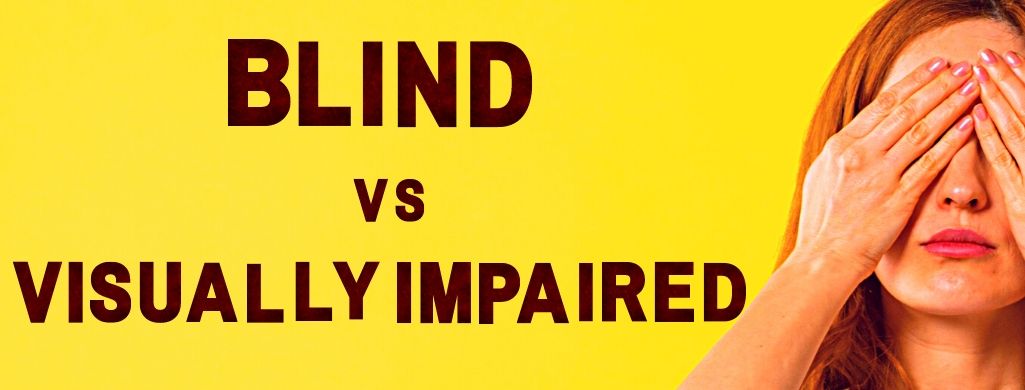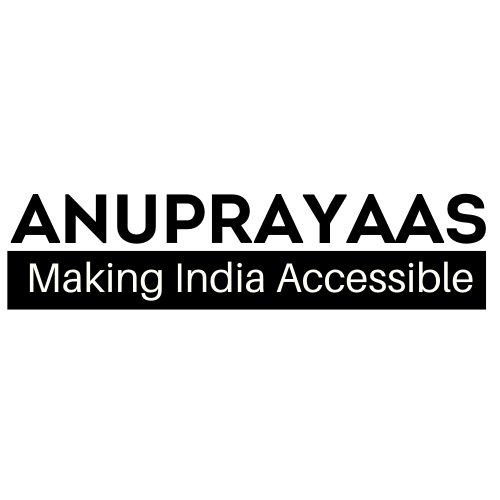People are often confused about correct terminology they should use while referring to a person with Visual Disability.
Blind vs Visually impaired, Visually Challenged etc. These are few terms we have all heard, but not necessarily know the difference between.
People generally consider it to be rude or insensitive in calling a Blind person blind. So what is the correct term to address a person with visual disability?
Is calling Blind person Blind really offensive?
Lets Understand the difference first.
What is the difference between visual impairment and blindness?
Visual impairment is defined as a decrease in the ability to see to a certain degree. It not fixable by usual means, such as glasses.
Whereas
Blindness is the state of being unable to see due to injury, disease or genetic condition.
There are four terms used to describe different levels of vision impairment and blindness:
- Partially Sighted – This means a person has partial vision, either in one or both eyes.
- Low Vision– This refers to a severe visual impairment in which visual acuity is 20/70 or poorer. This cannot improve with glasses or contacts.
- Legally Blind- This means a person has a corrected vision of 20/200 in their best-seeing eye.
- Totally Blind- This refers to a complete loss of sight.
So how should you address a blind person?
- As per Guidelines From United Nations, the best practice is use people first language.Which means to address the “Person” first and “Disability” Second. Therefore, the appropriate addressing in a communication is “Person with Visual impairment or low vision” ; “Person who is blind” ; “Person who is Visually Impaired”
- People in past have often been insensitive and tend to use “Blind” as a derogatory term in order to insult others. And therefore society started considering “Blind” as inappropriate way to address. However it is important to understand that “Blind” is not a derogatory term if used correctly and in people first language.
So are there any other derogatory terms we should avoid?
Yes below are the terms you should avoid:
- Handicap : A handicap is a barrier or circumstance that makes progress or success difficult. It is also important to understand that there are negative connotations to the term “handicapped”. The word has been around for centuries, but was not used to refer to people with disabilities until the late 1800. Many people believe that the term “handicapped” was first used for individuals who have disabilities after Civil War. Veterans whose injuries prevented them from working were begging on the streets with “cap in hand.” Standard references do not support this story.Because begging for a living is degrading, describing people with disabilities as “handicapped” is offensive.
- Afflicted with or suffering from : Most people with disability don’t see themselves as afflicted. Person with disability is not suffering. Disability is not a disease, it is a condition restricting a person to perform a certain task in a given environment.
- Confined to a wheelchair, wheelchair-bound: A wheelchair provides mobility and enables the user to move around. It is not a restriction. Instead you can say ” Person using wheelchair”

